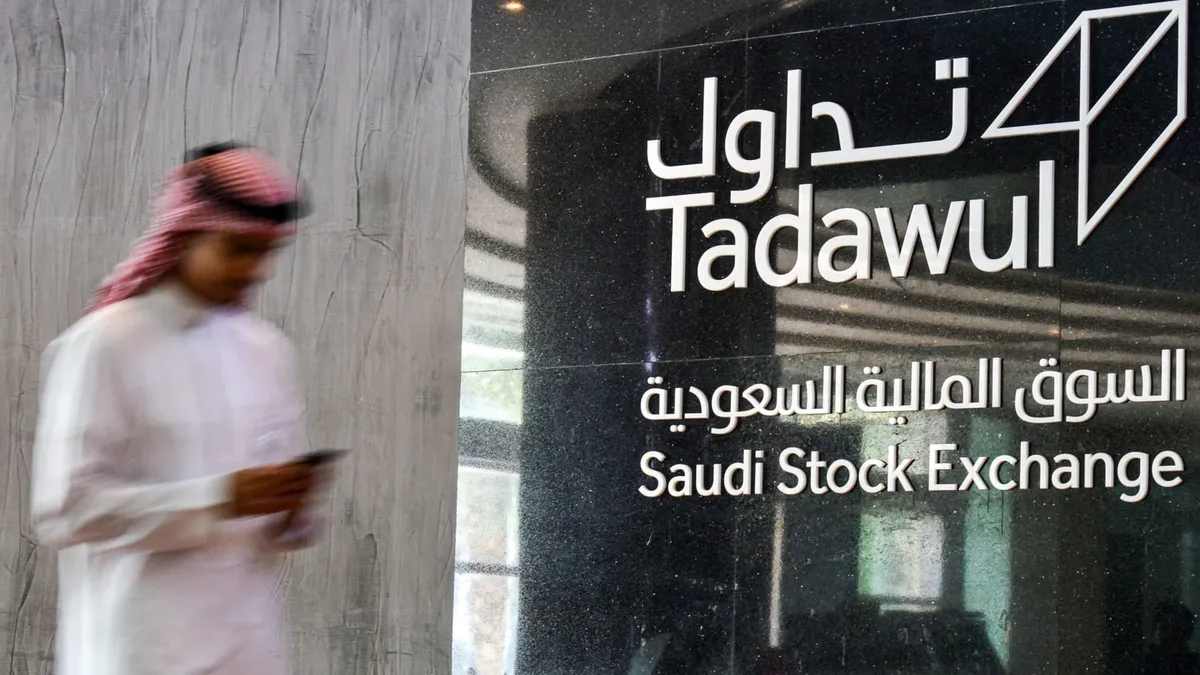
On Sunday, markets across the Middle East predominantly closed higher following the United States' military involvement in the ongoing conflict between Israel and Iran. The U.S. military launched strikes on three significant Iranian nuclear sites—Fordo, Natanz, and Isfahan—contributing to a surge in investor optimism. In Tel Aviv, stocks hit an unprecedented high, fueled by speculation that Washington's intervention might lead to a swift resolution of hostilities, despite the Iranian Foreign Minister's assertion that Iran would not engage in diplomatic discussions while under attack.
The broader TA-125 index experienced a notable increase of 1.77% on Sunday, while the TA-35, which is Tel Aviv's blue-chip index, rose by 1.5%. This upward trend follows a week of gains, as Israeli equities rallied after successful military strikes on Iranian targets. Investor sentiment is buoyed by hopes that U.S. involvement could de-escalate tensions in the region and stabilize the market.
In the Gulf region, the Saudi stock exchange, known as Tadawul, opened trading nearly half a percent higher but ultimately closed down 0.3%. Conversely, Qatar's market recorded a modest gain of 0.2%, while Bahrain's index climbed by 0.3%. Notably, Bahrain, which houses the U.S. Central Command, implemented a work-from-home mandate on Sunday, advising citizens to use main roads only when essential to ensure public safety amid rising tensions.
Among the regional markets, Egypt's benchmark EGX30 stood out as the major gainer, closing up 2.7% on Sunday. This positive momentum reflects a broader sentiment in the Gulf, where there have been calls for peace and condemnation of escalating violence. Fadi Arbid, founding partner and Chief Investment Officer of Amwal Capital Partners, emphasized that the Gulf's stance has allowed it to remain isolated from the ongoing conflict, mitigating any significant short-term market impacts. He noted that the market is likely pricing in the potential removal of the Iranian threat, which could be viewed positively by international investors.
As tensions escalate, statements from Saudi Arabia, the UAE, and Qatar have urged for an immediate cessation of hostilities to prevent further deterioration in the region. Investors are particularly alert to potential fluctuations in the oil market when it opens later today, especially concerning whether Iran will attempt to block the Strait of Hormuz, a vital waterway that facilitates a quarter of the world’s oil supply. According to Tanker Trackers, as of 3:40 p.m. UAE time on Sunday, tanker traffic continued to flow in both directions in the Strait, indicating no immediate disruption.
Commodity analysts, including Giovanni Staunovo from UBS, predict that oil prices will likely open higher, following the U.S. strikes on Iran’s nuclear facilities. The geopolitical risk premium is expected to increase, maintaining a volatile price environment in the near term. Prices had fallen by 2% on Friday, just before the U.S. intervention, but Brent futures have surged by 11% since Israel's initial attack on Iran less than two weeks ago. Both Brent and U.S. crude oil prices have exhibited significant volatility, and analysts expect further increases as markets react to the escalation of conflict.
Edward Bell, acting chief economist at Emirates NDB, noted that markets are currently influenced more by headlines than fundamental factors. He anticipates considerable swings in the coming days as the situation unfolds. Despite the absence of interruptions to oil flows from the Gulf and no direct attacks on oil infrastructure, the market is likely to continue pricing in a heightened geopolitical premium, reflecting the ongoing uncertainties surrounding the Israel-Iran conflict.